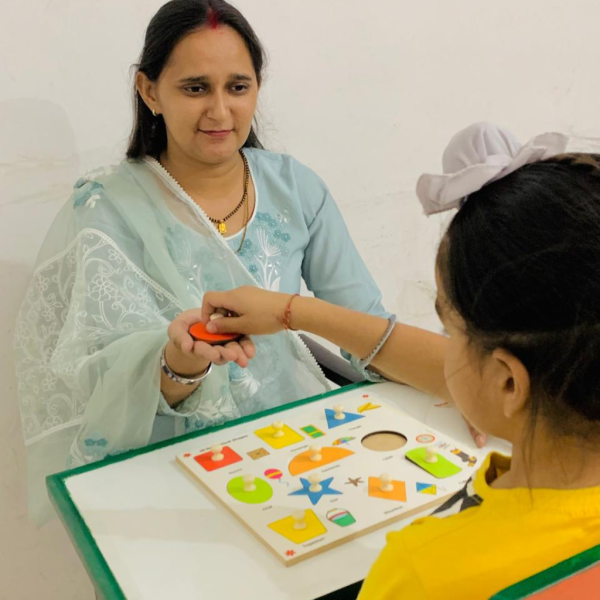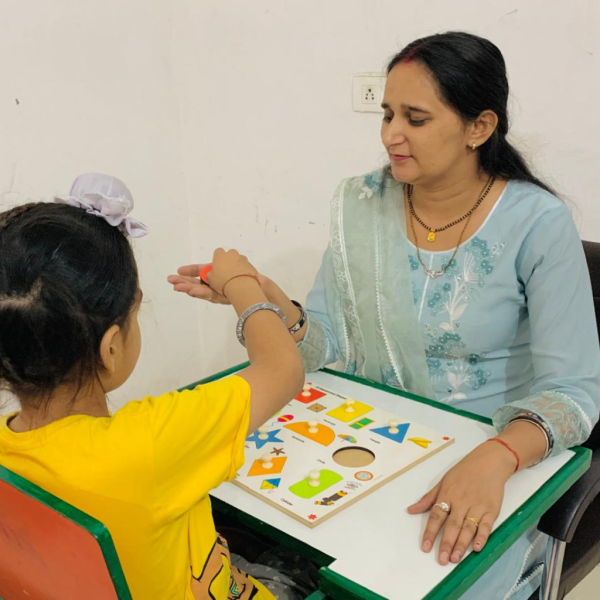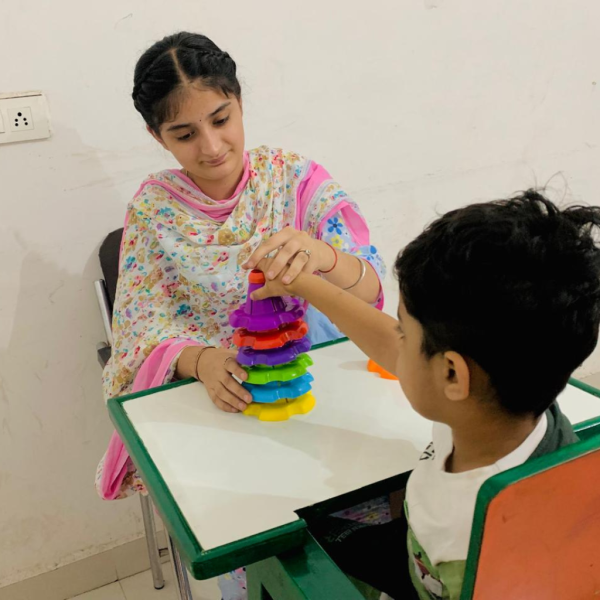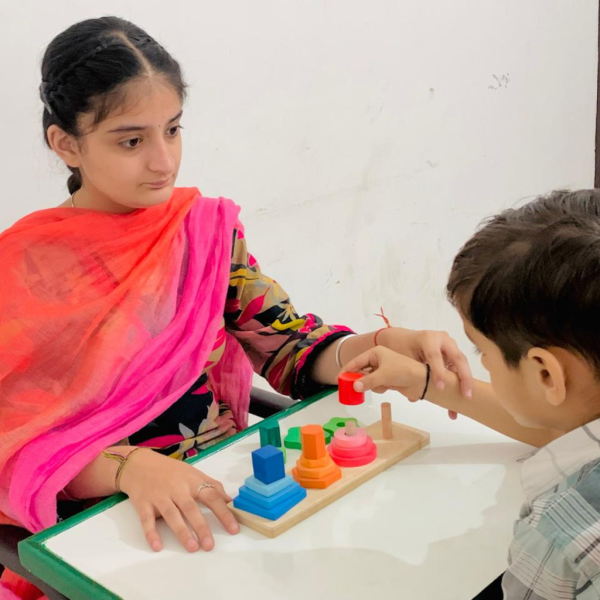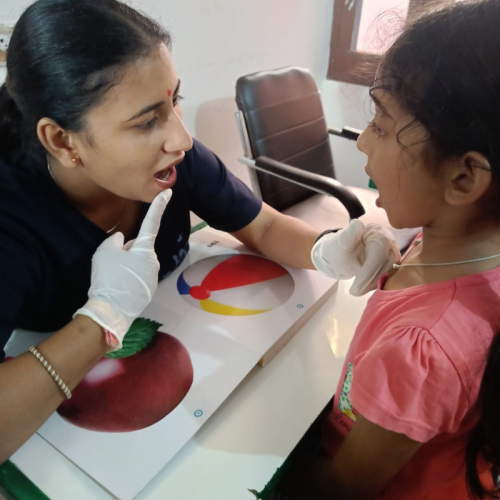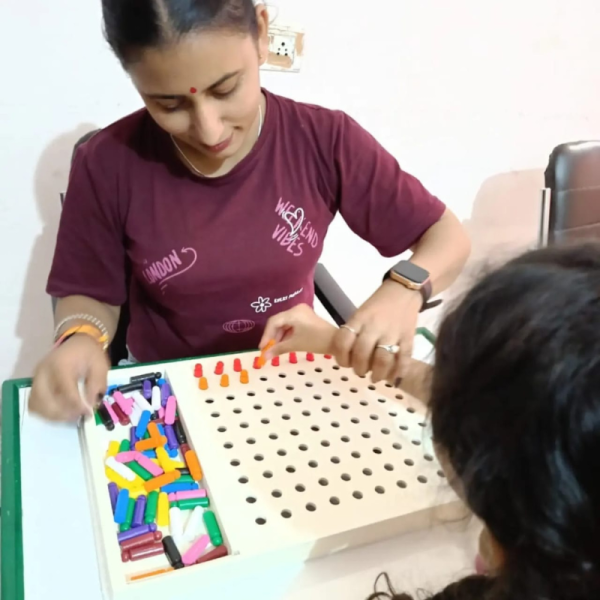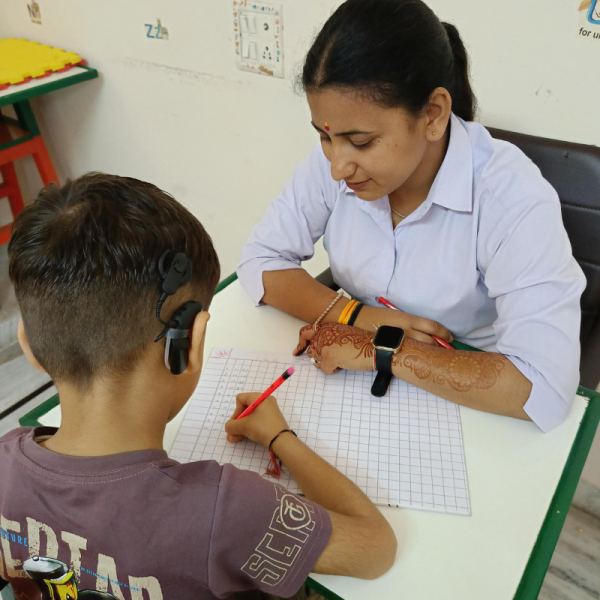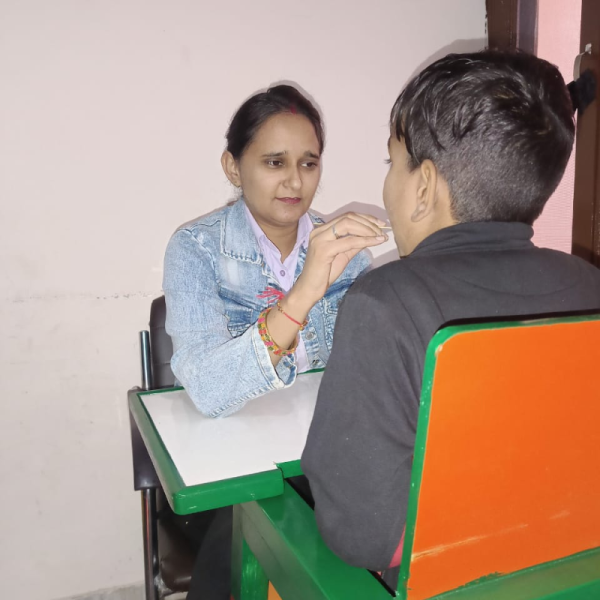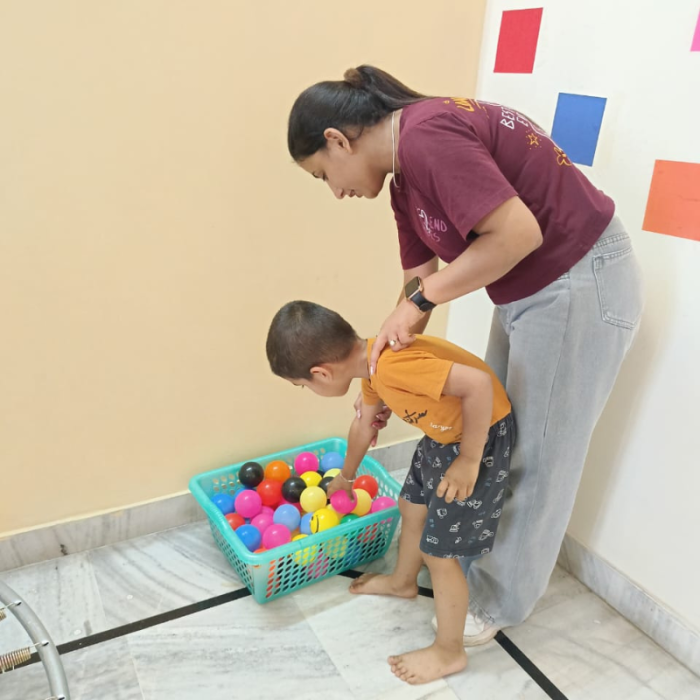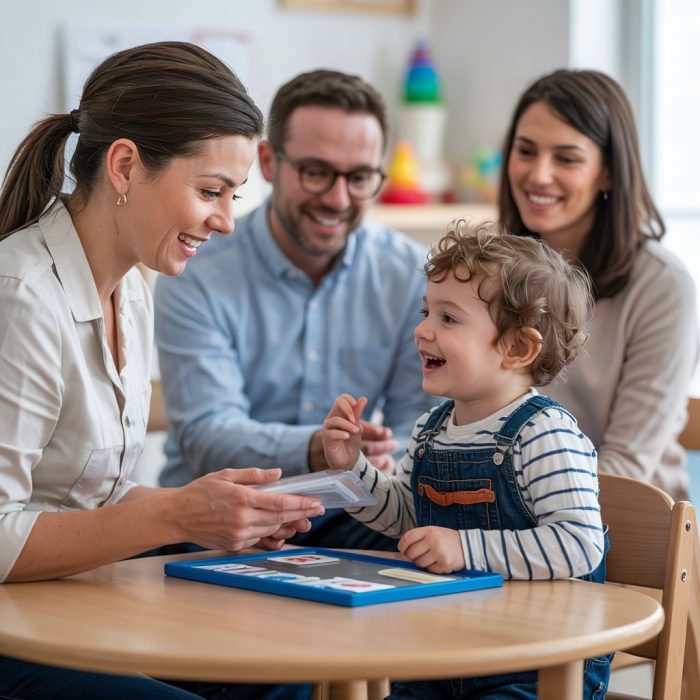Why Do We Need Occupational Therapy (OT)?
Occupational Therapy, also called OT, is a special kind of support that helps people become independent in their everyday life. It focuses on the small but important things we all do — like dressing, eating, writing, bathing, walking, or even playing.
Some children and adults may struggle to do these daily activities because of injury, disability, developmental delays, illness, or age. That’s where Occupational Therapy steps in.
What Is Occupational Therapy?
Occupation means any activity we do in our daily life — from brushing our teeth to attending school or work.
Occupational Therapy helps people learn or re-learn how to do these activities if they are having difficulty. It supports them in building physical, mental, and emotional skills to lead a better, more independent life.
For example:
- A child’s occupation is to play, learn, and grow.
- An adult’s occupation may include working, cooking, managing the home, and socializing.
When a person is unable to do these things on their own due to physical, sensory, or mental challenges, an occupational therapist helps them build the skills they need.
Why Is Occupational Therapy Important?
Occupational Therapy improves the quality of life — not just for the person receiving therapy, but also for their families.
1. It Builds Independence
OT helps children and adults perform daily tasks like eating, dressing, using the toilet, writing, and more — all by themselves. This reduces their dependency on others and boosts their confidence.
2. It Makes Daily Life Easier
Everyday activities can feel like big challenges for someone with developmental or physical issues. OT breaks down these challenges into small steps and teaches new ways to handle them with ease.
3. It Helps After Illness or Injury
After an accident, stroke, surgery, or illness, a person may lose some abilities. OT helps them regain control over their body and routines — at home, in school, or at work.
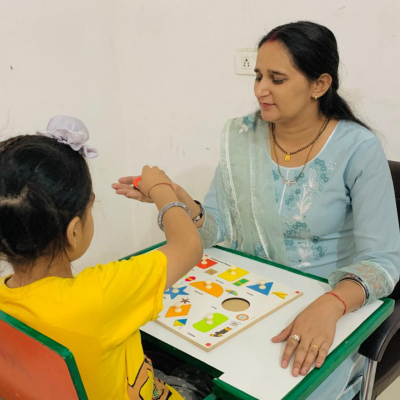
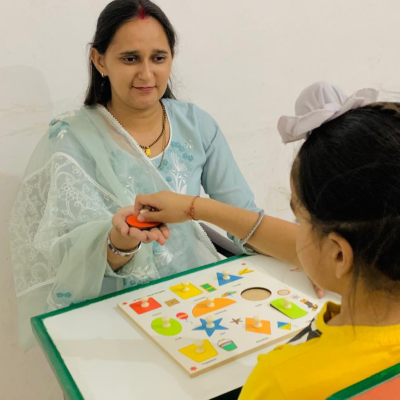
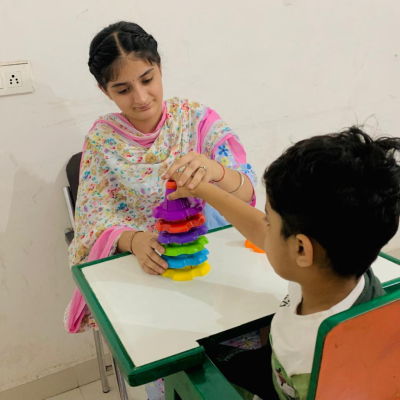
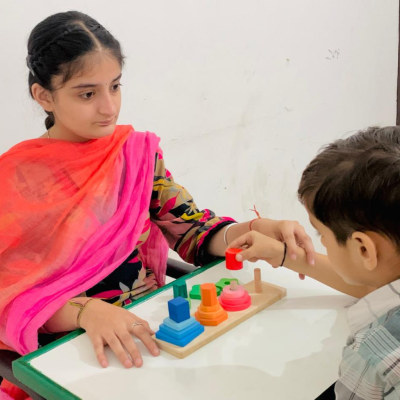
How Is OT Different from Physiotherapy?
- Physiotherapy focuses more on physical recovery — strength, movement, and pain management.
- Occupational Therapy helps with daily tasks and developing life skills — such as holding a pencil, brushing teeth, buttoning a shirt, or managing time.
When Does a Child Need Occupational Therapy?
Your child may benefit from OT if you notice:
- Difficulty holding pencils, using scissors, or doing crafts
- Struggles with dressing or tying shoes
- Delayed speech or trouble communicating
- Trouble paying attention or following instructions
- Issues with balance, movement, or coordination
- Avoids touching certain textures or being in noisy places
If any of these signs are present, it’s a good idea to speak with an occupational therapist for a proper assessment.
Tips for Parents and Caregivers
- Follow the therapist’s home activities or exercises
- Keep a routine at home for therapy and daily tasks
- Celebrate small improvements and be patient
- Communicate openly with the therapist about changes or concerns
- Create a calm and structured environment for practice
Who Else Can Benefit from OT?
- Elderly people who have trouble with memory, balance, or doing housework
- Adults recovering from an accident, surgery, or neurological condition like stroke or Parkinson’s
- People with mental health conditions, such as anxiety or depression, who need help managing daily life




What Does an Occupational Therapist Do?
- Assesses your child’s or adult’s current abilities
- Sets small, achievable goals
- Uses fun and practical activities to improve physical and mental skills
- Works closely with parents, teachers, and caregivers for long-term results
At Hope Centre for Speech Therapy & Autism
Ready to Help Your Child Speak With Confidence?
Don’t wait—early intervention is the key to lifelong success.
📞 Call us today or 🗓️ Book a FREE consultation now to get started with expert Speech Therapy in Barnala.
Explore Our Specialized Therapies
Is your child struggling with speech, social skills, or daily activities? The right therapy can unlock their full potential! At Hope Speech India – Barnala, we provide expert care to help children communicate, learn, and thrive
Get Started Consultation
Free
Not Sure Where to Start? Get a Free Consultation Today! Let’s find the best therapy plan for your child’s growth and success.
Cancel at any time. 100% money back guarantee.
Hope Centre for Speech Therapy and Autism (Barnala)
- 22, Ekad Colony, opposite Ambey Garments Store, near Bus Stand, Barnala, Punjab 148101
- +91 90565 55310
- hopeadsleads@gmail.com
Our Location
Hope Centre For Speech Therapy And Autism (Barnala)
- 22, Ekad Colony, opposite Ambey Garments Store, near Bus Stand, Barnala, Punjab 148101
- +91 90565 55310
- hopeadsleads@gmail.com
© 2025 Hope Centre For Speech Therapy & Autism – Barnala. All rights reserved.

